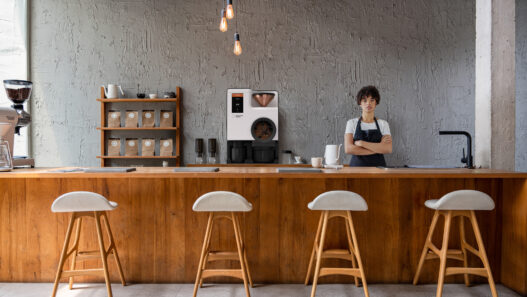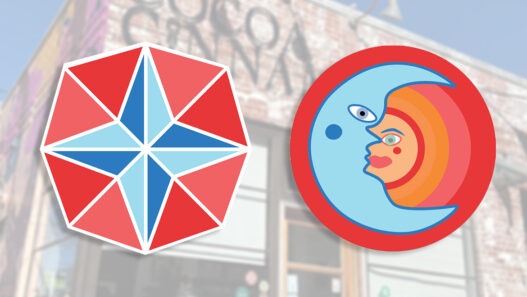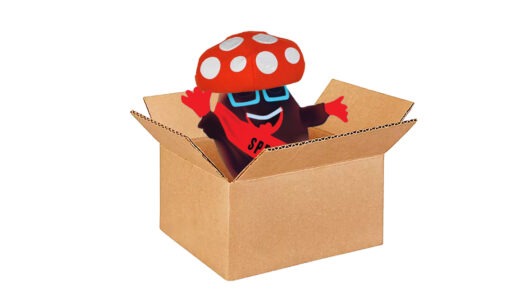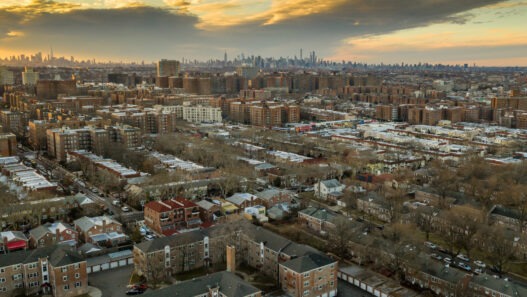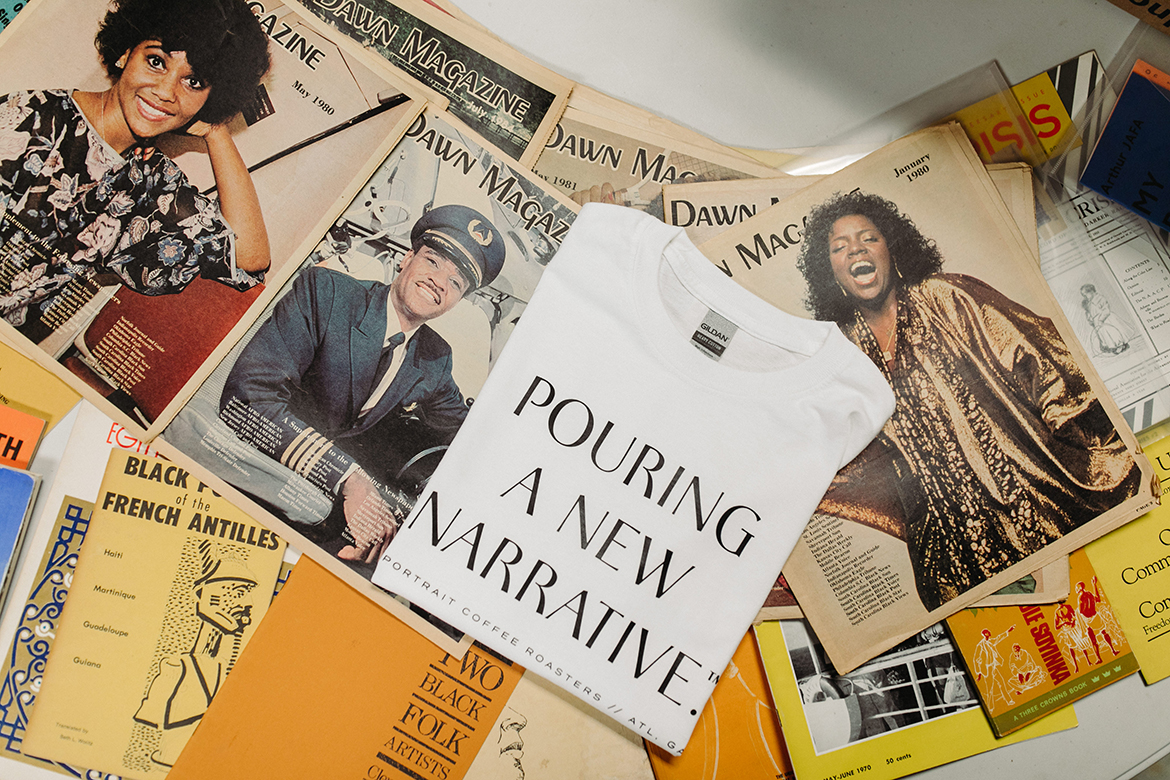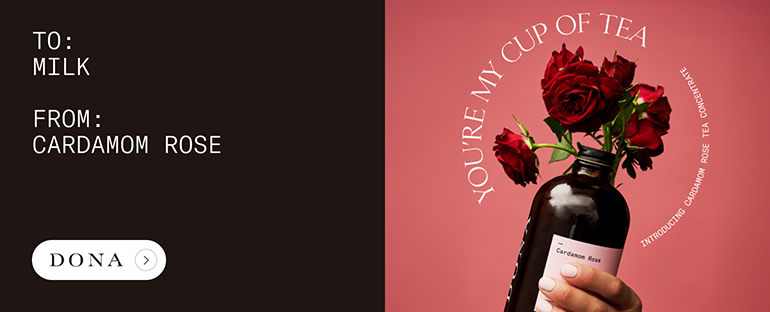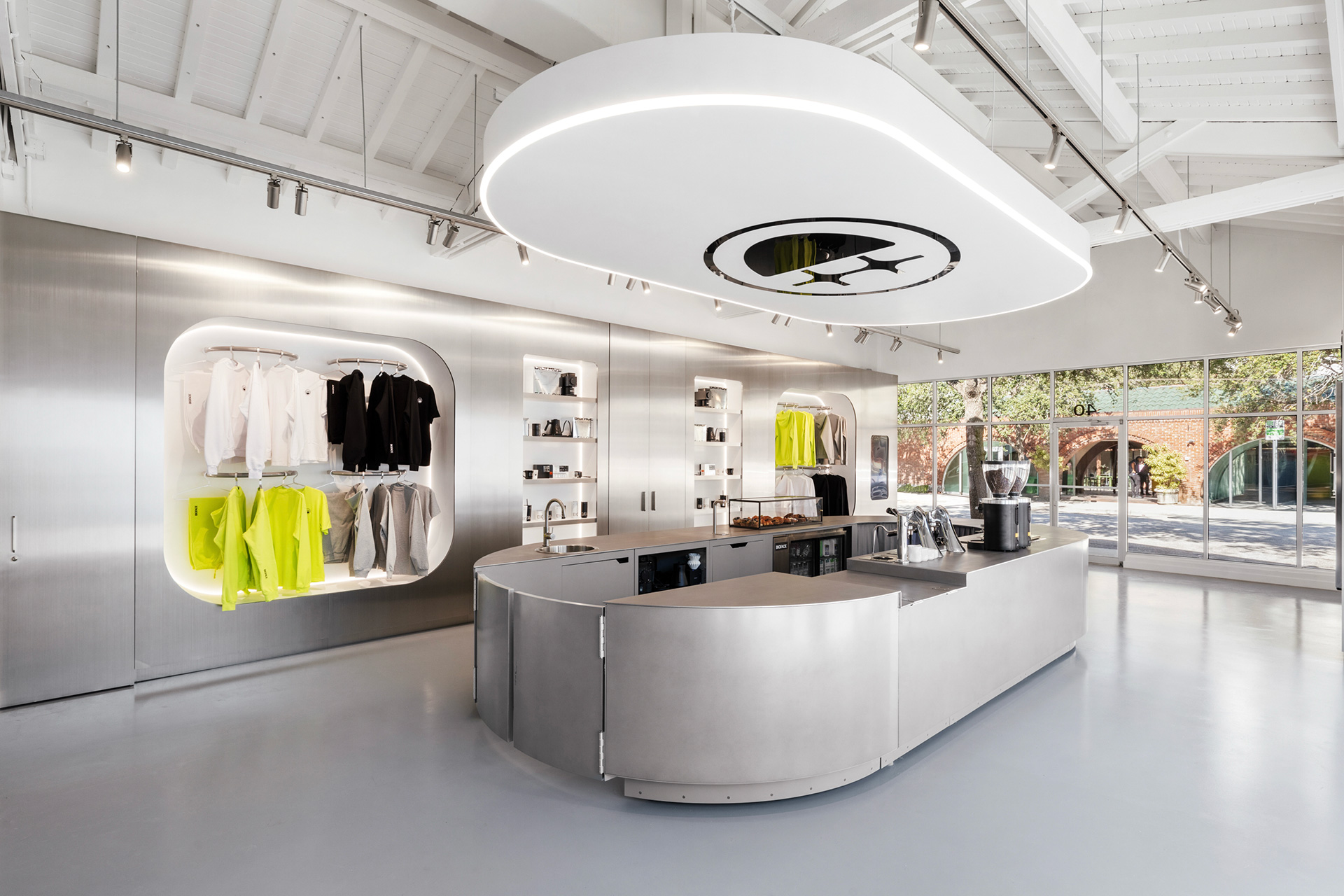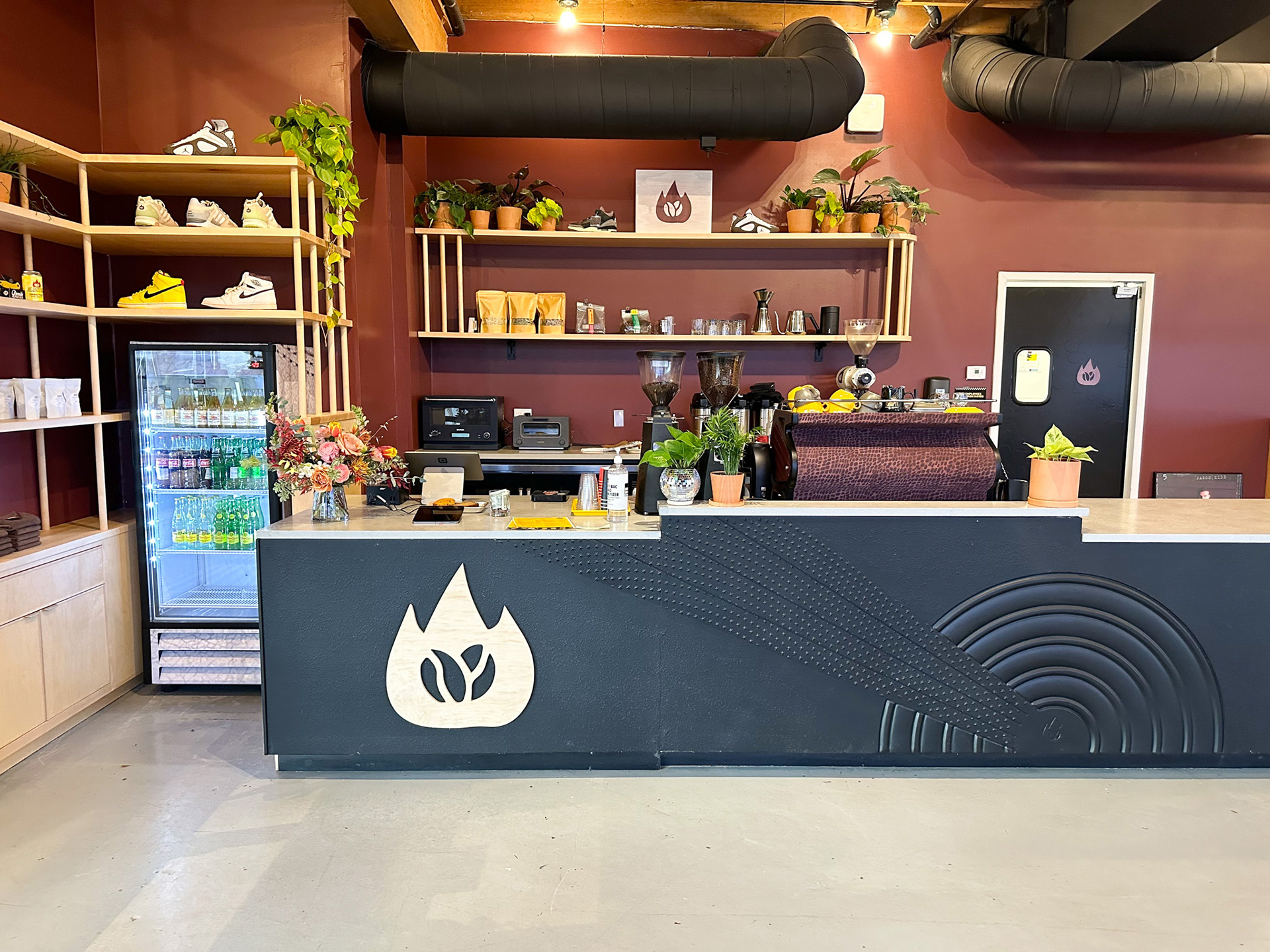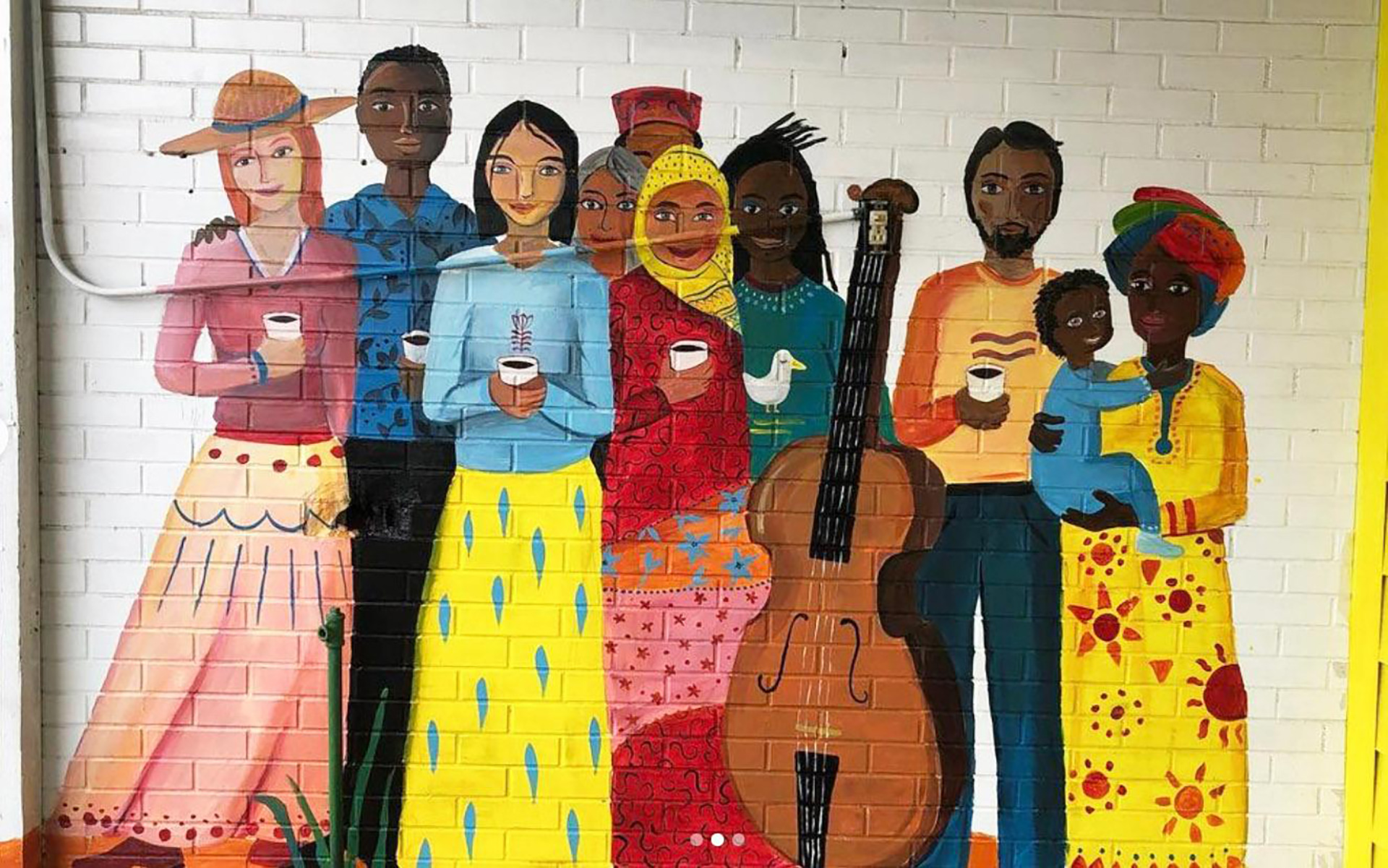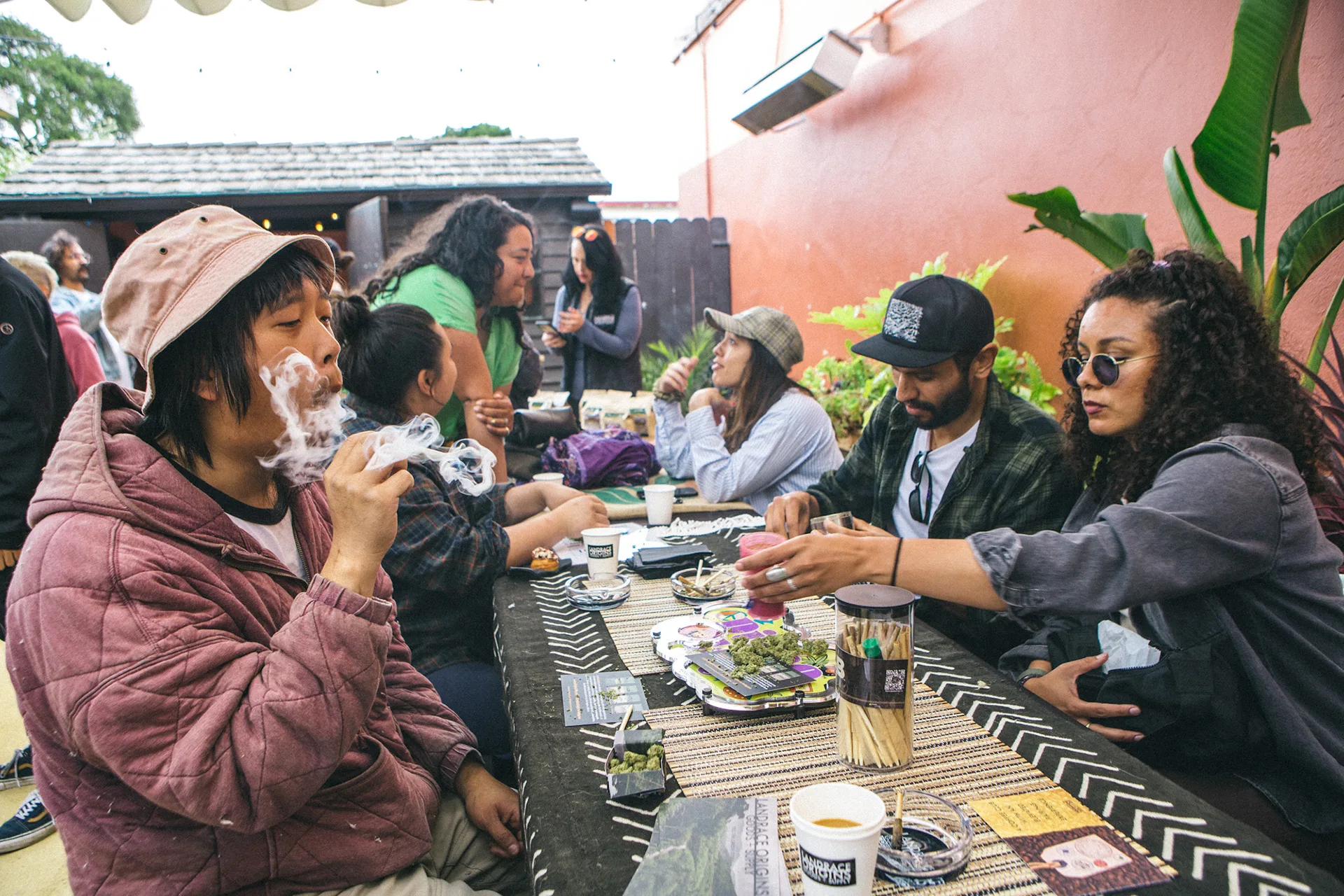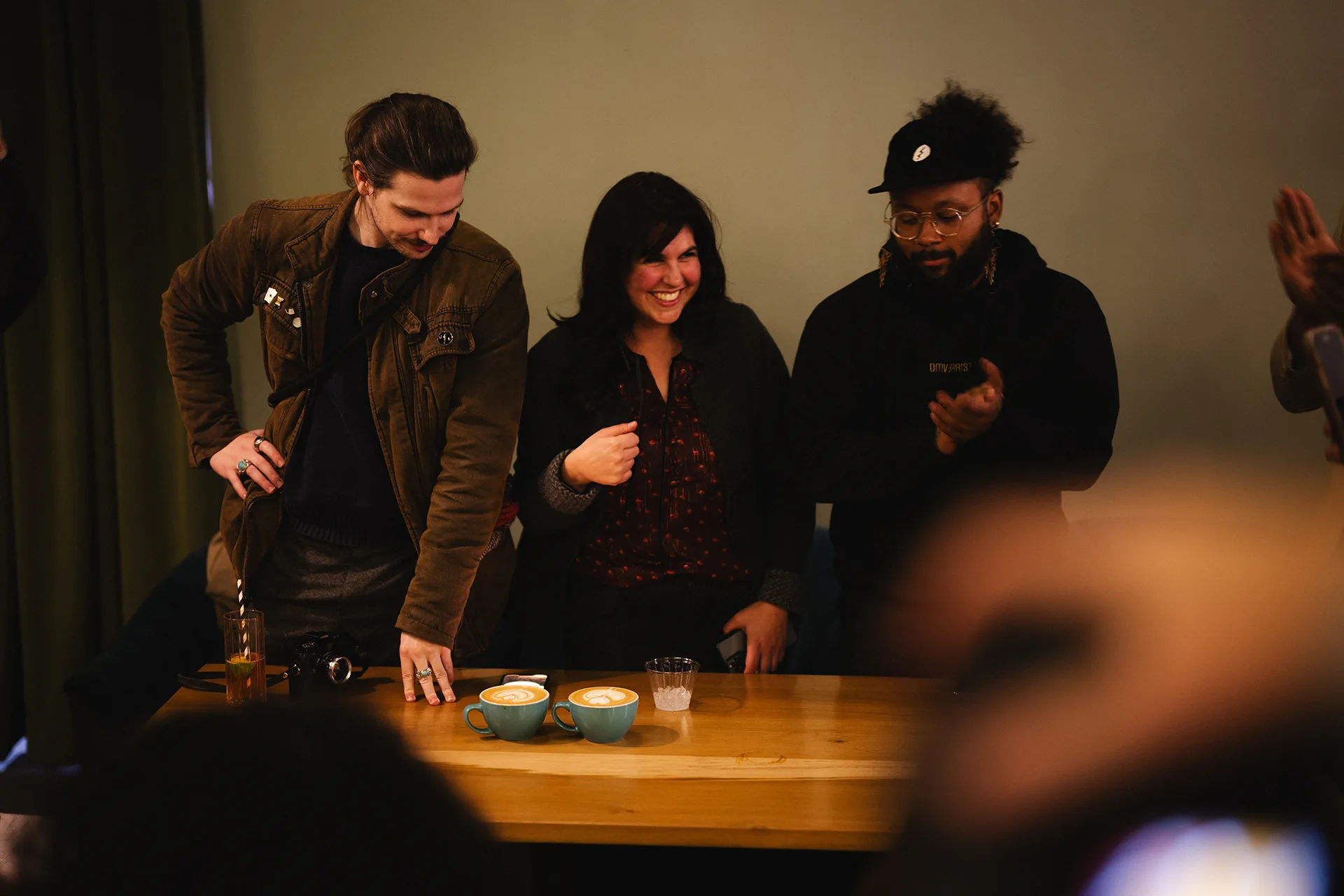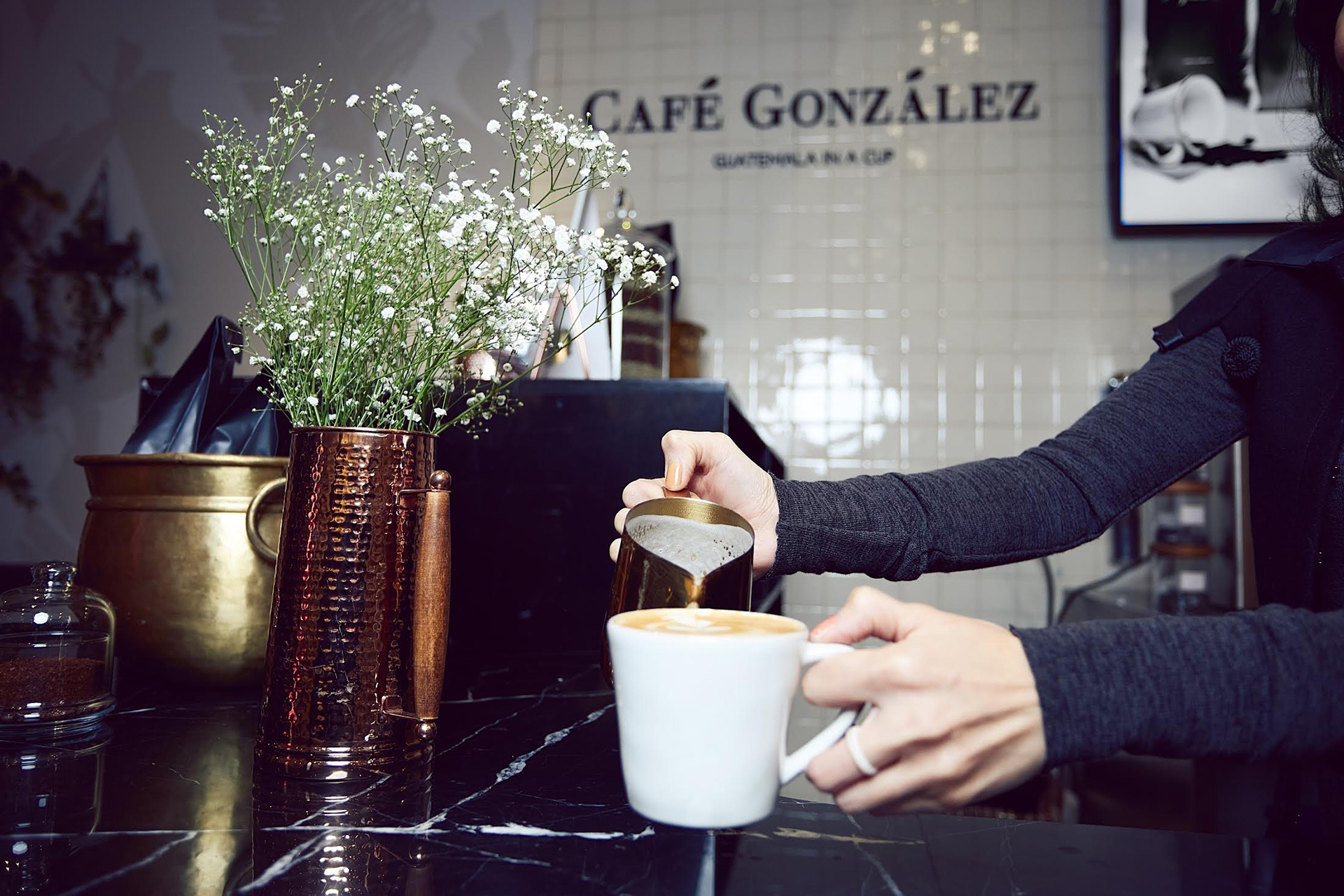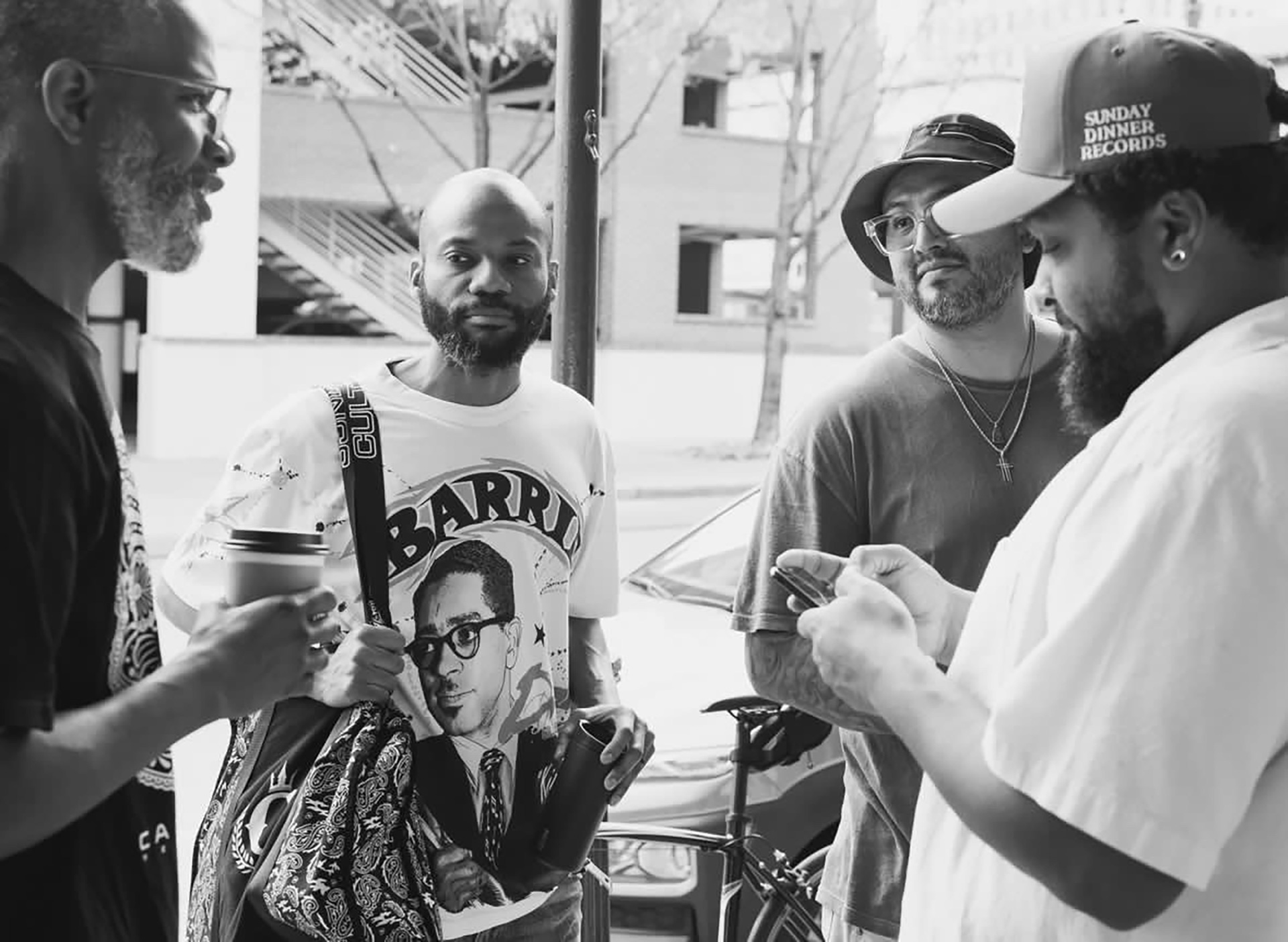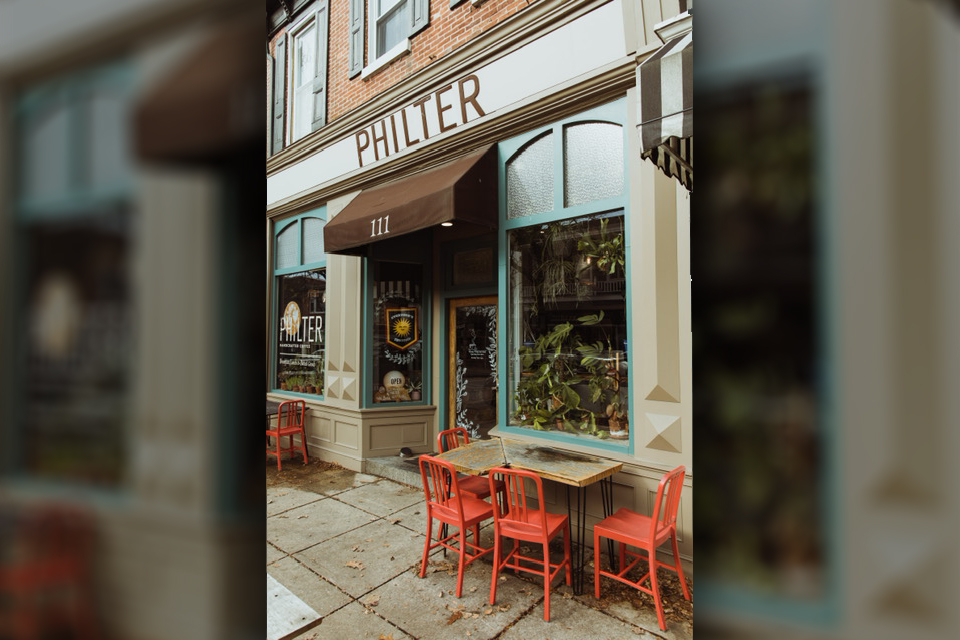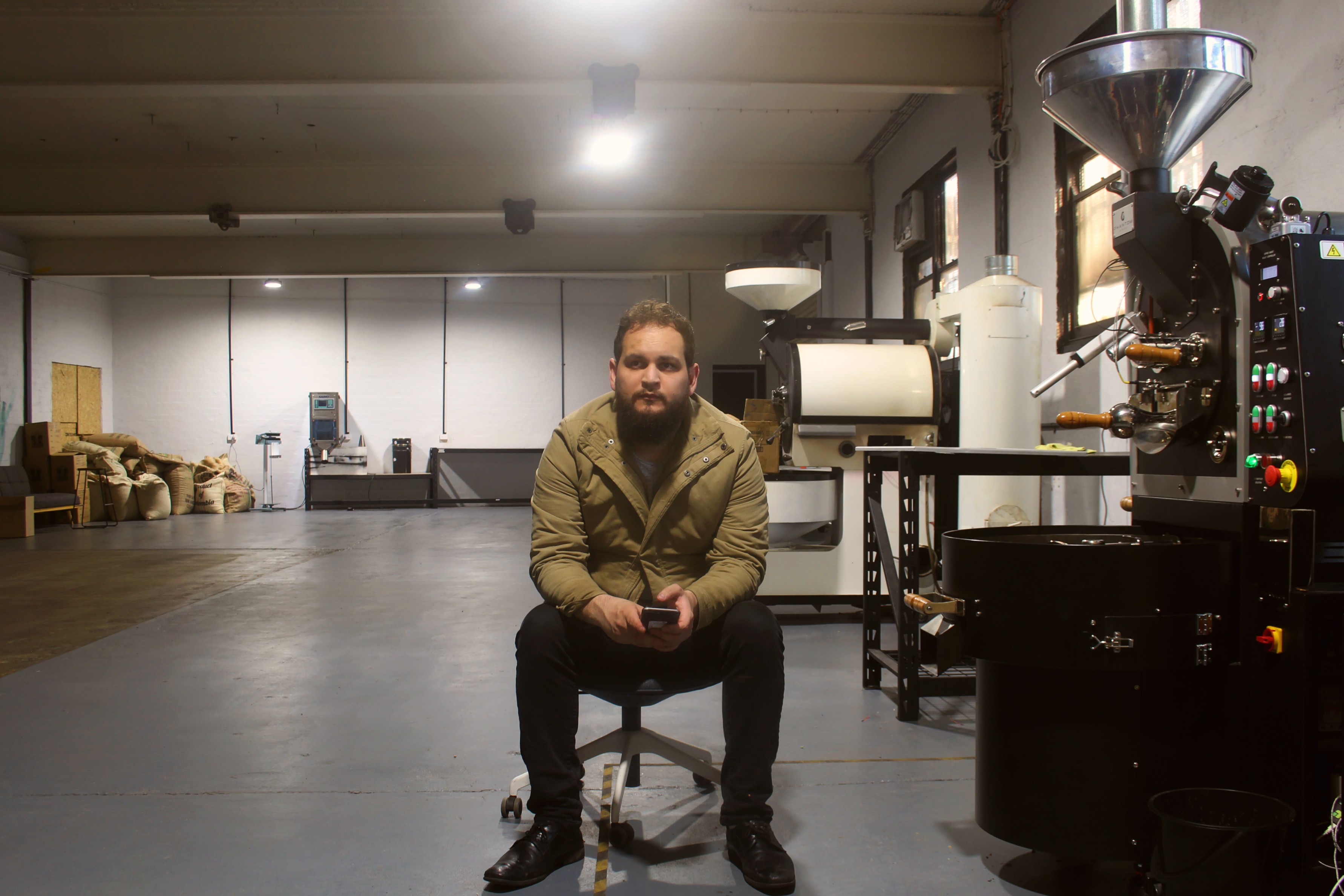
Ben Johnson’s The New Paradigm Coffee Roasters company is a roaster with an agenda. The Sydney-based micro-roastery was launched by Johnson with the intent to enact social justice through coffee—focusing on providing as much benefit as he could to leverage and support the Australian coffee industry, particularly through underrepresented members of its community. Focused on wholesale—New Paradigm doesn’t operate a cafe of its own—Johnson works hard to supply only to cafes who are challenging or are outside the status quo. No “bro-asters”, please.
“Australia is quite economically left, but for many social issues, they’re not as progressive,” Johnson explains. “I usually ask a question with an answer that would reveal if [a cafe owner] is racist or bigoted towards the LGBTQIA+ community.” He also doesn’t supply to cafes staffed and run exclusively by cisgender white people, or those who call him “bro six times a minute,” he says. It’s not out of a sense of elitism, insists Johnson, but to instead support businesses that create a safe environment.
Johnson says, “I used to have a more rigid quota, but I ran out of cafes, and it was also illegal.” Although there is no explicit advertising about New Paradigm’s selection criteria, the roastery’s semi-official slogan is “no cafes with a bunch of white dudes standing at a coffee machine acting smug.” Johnson says, “Pretty much everyone I supply to has been screwed over by a big company.”
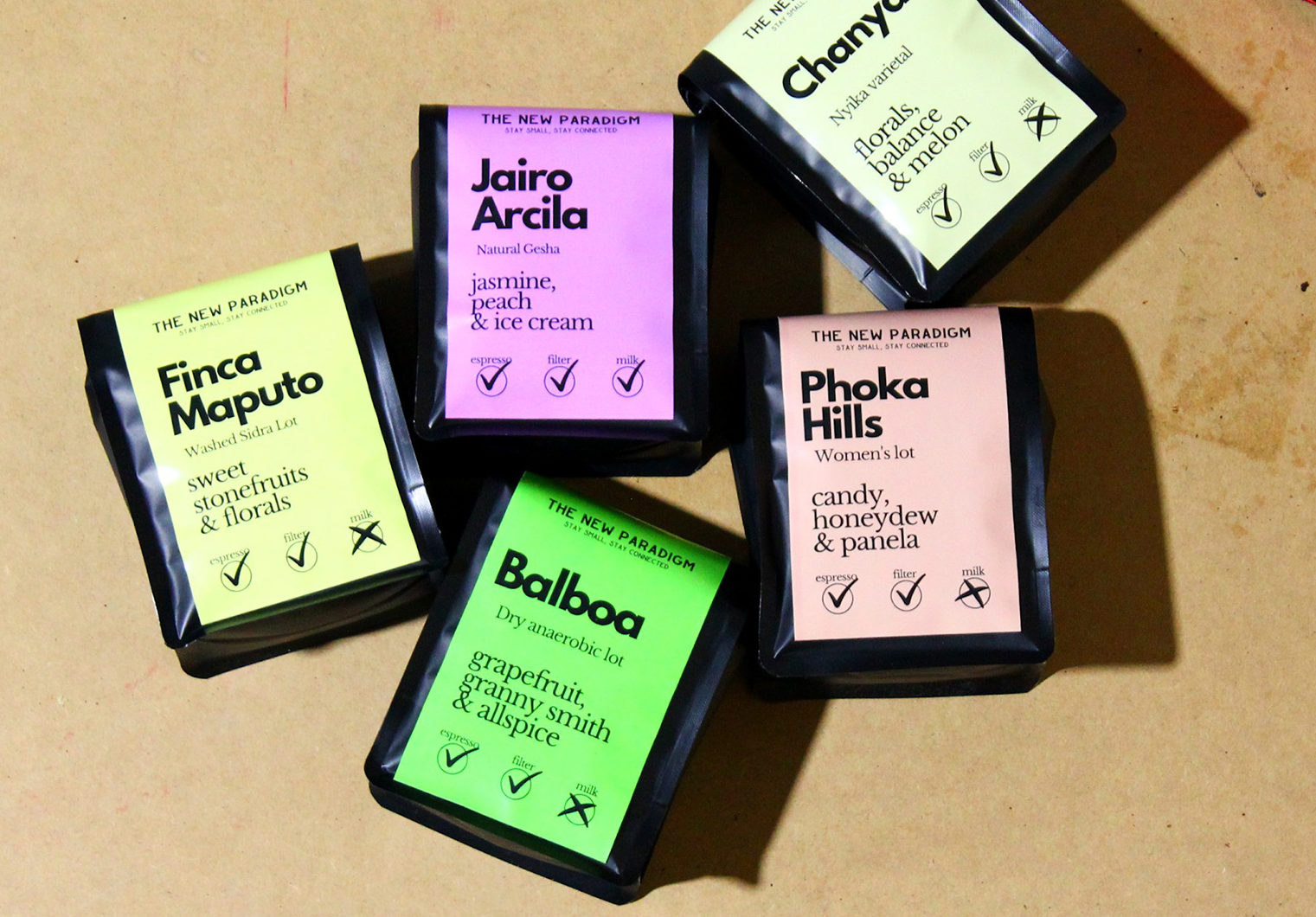
Striving to be progressive in this way has had its own set of challenges—such as running out of places to supply to that fit his criteria, only six months in. “There were no [more] places that were doing guest roasters, who were female or people of color at the ownership or management level,” Johnson says.
The second challenge is that of people turning hostile, which would often happen when Johnson would explain why he wouldn’t supply to them. “The general consensus is, people think that I think they’ve had it easy, which is untrue. All I am saying is society hasn’t been against you. And as a whole, your experience with society has been different.”
A background in Chemistry led Johnson to coffee roasting. And in 2015 he started working at a commercial coffee company in Sydney. “There were a bunch of dudes with sometimes a female sales rep and admin staff,” he says. He stayed at the company for three years. “My job was to turn a blend of $5-7/kg coffee into a $23-28/kg coffee,” he says. “I got tired of that.”
Then a trip to origin forced Johnson to question his own privilege and position of power. He came back feeling disenfranchised from the industry. He says this happens to a lot of roasters. “My success has been due to my privilege. I will be open about that. My mom is Mapuche Chilean and has a dark complexion. If I were darker, then I wouldn’t have succeeded—no doubt,” Johnson says. “Society and the Anglo-Italian-centric, Christian coffee community has definitely helped my career.”
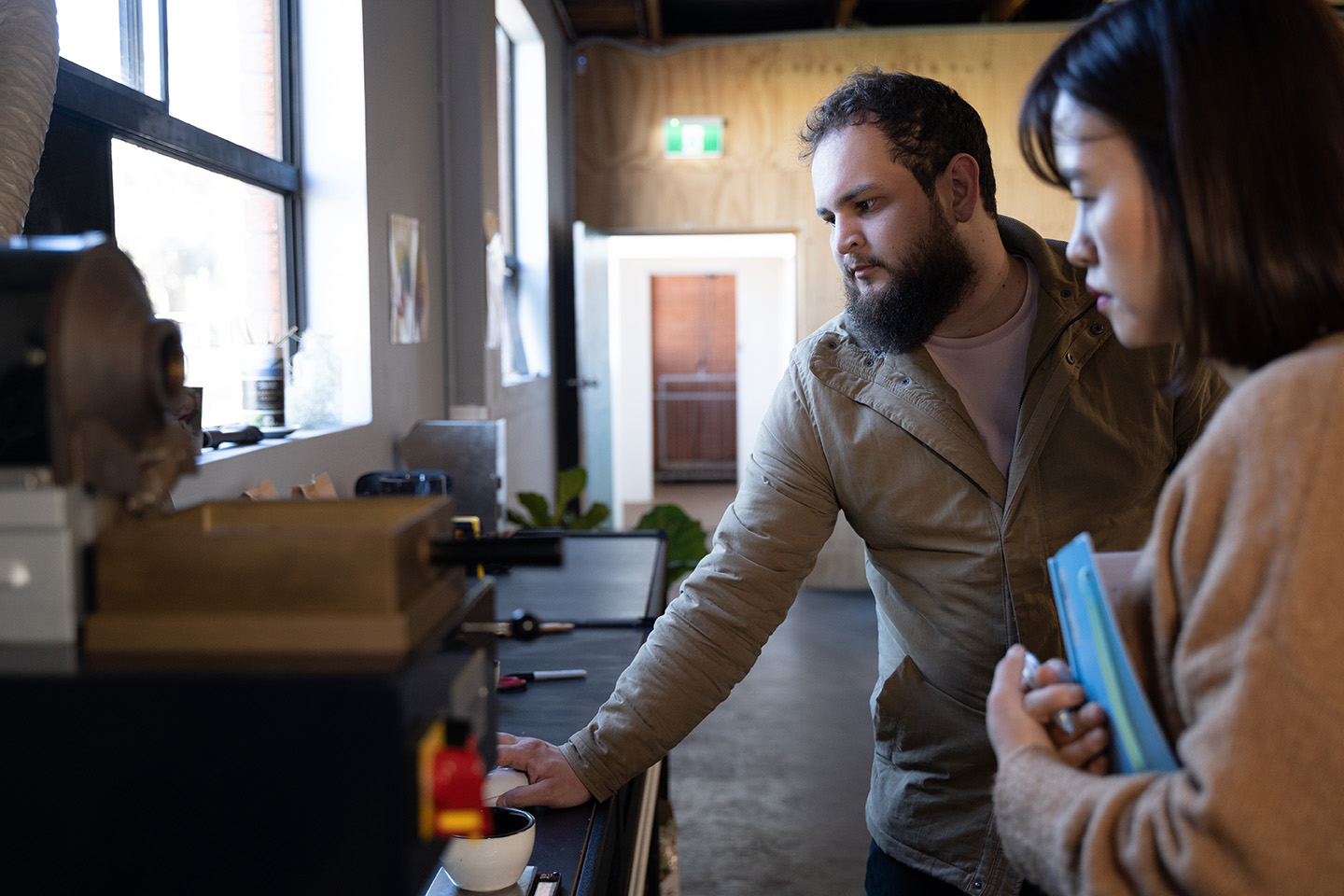
After securing the capital and connections needed, Johnson started New Paradigm. “I wanted to step away from the wholesaler/blend sort,” he explains. “Where you buy cheap coffee and hide its defects to make it seem good. I wanted to buy the best coffee and make it good.” To get the business up and running, Johnson roasted at Collective Roasting Solutions, a shared roasting space in Sydney. The idea for the name came after watching The Shield. “In the last episode, Andre 3000 from OutKast played a mayoral candidate who ran on the promise of a ‘New Paradigm’,” explains Johnson. The name stuck.
Now a year down the road, and with industry support, he has been able to invest in his own coffee roaster, based at another co-roasting space in Sydney, Specialty Coffee Curators. Using a shared roasting space ensures that weekly operating costs remain low and allows for New Paradigm to stay selective with customers by not having to rely on volume. “I buy from exporters, mills, and producers with other roasters in little buying groups. It provides a better cost breakdown along the supply chain,” he explains.
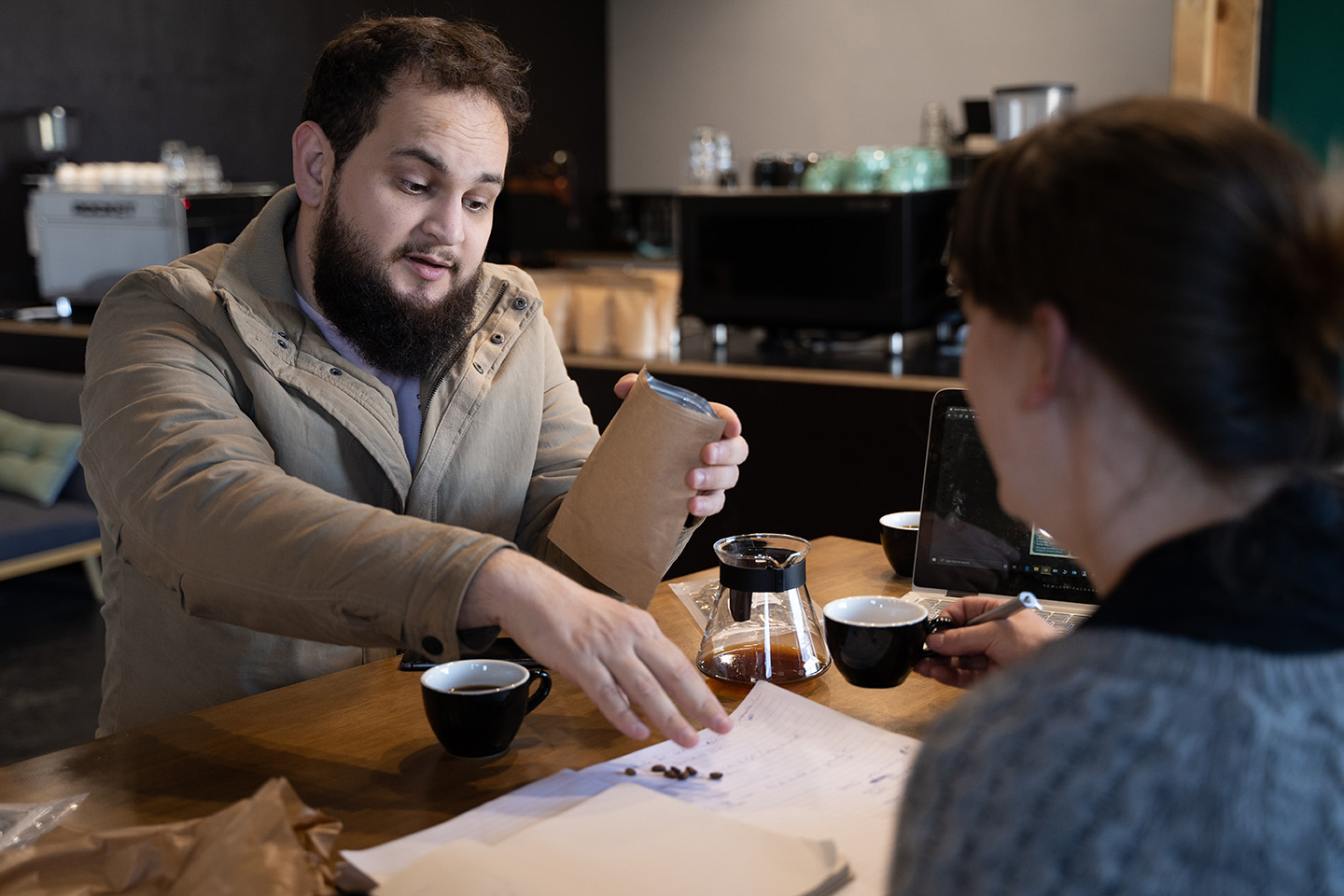
A few of New Paradigm’s green coffee suppliers include Melbourne Coffee Merchants, Langdon Coffee Merchants, Caravela Coffee, and US-based Cafe Imports. All are “known for hiring and buying well,” he says. For roasters early on in their career, Johnson suggests not to overbuy green coffee and to have a clear sourcing philosophy. “Turnover is easy if you’re small, so don’t let it distract you,” he says. Also, make sure to have a point of difference. “Roasting light to preserve terroir and sourcing traceably, sustainably, and ethically is a requirement these days. Not a point of difference,” Johnson stresses.
Australia’s coffee sector is on a healthy trajectory. But the same cannot be as confidently said about the industry’s take on inclusivity and diversity. “We are not as progressive in coffee as we seem,” Johnson says. “But a lot of young people are quite progressive in the industry. They are the ones who’ll move past this monoculture within coffee. The fourth wave of coffee will address power imbalances both at producing and consuming countries,” he says.
Anastasia Prikhodko is a freelance journalist based in Amsterdam. This is Anastasia Prikhodko’s first feature for Sprudge.
Photos courtesy of The New Paradigm Coffee Roasters









